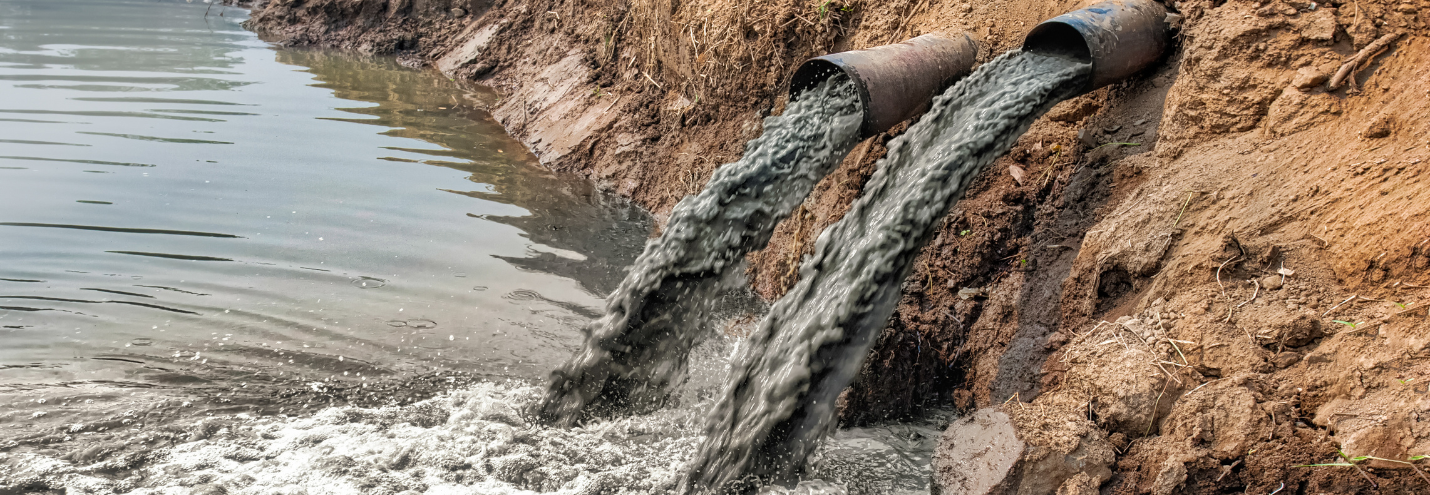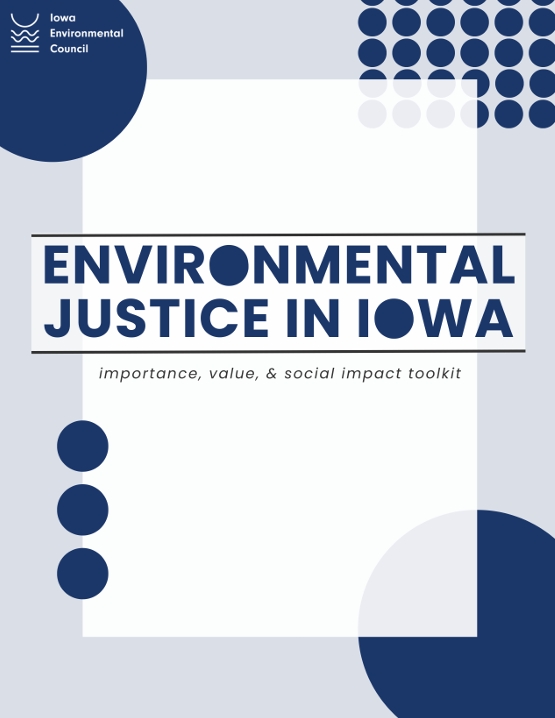From Texas to Iowa: The Impact of Juneteenth
posted
by Sarah Howe on Wednesday, June 19, 2024
Juneteenth (short for “June Nineteenth”) is a federal holiday commemorating the liberation of slaves in 1865. In early 1865, federal troops arrived in Texas, a state in defiance of President Abraham Lincoln’s ‘Emancipation Proclamation’ from two years prior due to little Union oversight. The 13th Amendment, formally abolishing slavery, was ratified in the Constitution on December 6, 1865. Juneteeth marked a time for celebration among the nearly 250,000 freed slaves in Texas, while hundreds of thousands of other slaves were freed across the country. On June 17, 2021, it officially became a federal holiday.
.png)
In 1990, Gary Lawson founded Iowa Juneteeth Observance and offered a time to commemorate the important day in American history. In 2002, former Govenor Tom Vilsack established Juneteeth as an official day of recognition on the third Saturday in June. Celebrations take place throughout Iowa, and we encourage you to participate in your community’s events, whether it's a tour through the African American Museum of Iowa in Cedar Rapids, a Freedom 5K in Keokuk, or a live-music, family-friendly festival in Clinton.
Juneteeth provides us with the opportunity to commemorate the abolition of slavery, but it also prompts us to consider the long-lasting impacts of racial injustice. In Iowa, Jim-Crow ideologies spread into the state’s policy, serving as legal means to discriminate against an individual based on their race. In the 1930s, “redlining” grew rampant in urban areas like Des Moines and Waterloo. Redlining is the act of refusing loans, mortgages, or other financial services to an individual. This was often performed by banks, lenders, and insurance companies as they would red-line a neighborhood that was deemed “risky for mortgage support.” These areas were largely home to Iowa’s African American and immigrant populations. In Des Moines, redlining made it exceptionally difficult for minority populations to purchase property and build generational wealth. Although redlining is now illegal, it left lasting impacts of segregation, spatial inequities, and structural racism.
.png)
In Iowa, this designed structural racism pervades into issues pertaining to economic advancement, housing inequities, criminal justice, and educational disparities, among others. According to the ACLU Iowa Chapter, Black and African American Iowans make up only 3.5% of Iowa’s population, yet they are arrested and imprisoned 11 times more often than white adults. In 2022, the poverty rate for white Iowans was 11%, while the corresponding rate for Black and African American Iowans was roughly 30%. Additionally, the Iowa Cancer Registry’s 2021 report showed that Black and African-American Iowans have the highest cancer mortality rate of any ethnic group, and more than 25% greater than white Iowans. Many of these outcomes can be traced to economic constraints, like redlining, that minority communities have grappled with for generations.
These indicators of structural racism also pervade into Iowa’s environment, and the consequences of climate change and pollution are not and will not be felt equally by all Iowans. For example, Mid American’s five operating coal plants pollute Iowa communities with above-average minority populations. These plants are in and around Sergeant Bluff, Salix, Muscatine, Ottumwa, and Council Bluffs and they disproportionately harm the health of the surrounding communities. In the Siouxland area, for example, Woodbury County has the highest asthma rate in Iowa. Further, in Cedar Rapids, the communities most at risk of flooding from the Cedar River are also the most diverse and among those with the lowest income. In Waterloo, diverse residents grapple with contamination left behind by decades of industrial pollution.

Through education, advocacy, and coalition-building, the Iowa Environmental Council raises awareness and generates action for environmental priorities across the state. We work on federal, state, and local public policy issues to ensure a just, healthy environment and sustainable future for all Iowans; This includes a commitment to social and environmental justice. We seek out opportunities to fight systemic racism and inequality in environmental regulations, laws, and policies by examining the disproportionate negative impacts of poor water and air quality, flooding, high energy bills, and many other environmental injustices faced by Black, Indigenous, and people of color (BIPOC) and marginalized communities. We are committed to addressing these inequities and ensuring that all efforts to mitigate and adapt to climate change don’t exacerbate them and continue this cycle of inequity.

Recently, IEC was selected for several grants from the U.S. Environmental Protection Agency, (EPA) to help Iowa’s most disadvantaged communities build capacity, identify resources, and collectively organize efforts to build a more just environment for all Iowans. This work is a living example of our commitment to fix a system that has failed too many Iowans for too long. We invite you to be a part of our way by viewing our Environmental Justice in Iowa toolkit for more information about statewide considerations for environmental justice, as well as resources for interested advocates. While IEC is committed to addressing continued environmental injustices and structural racism, we also celebrate the triumphs of Iowans today. Juneteenth is a time to thank the social and environmental justice stewards, advocates, and activists that propel us forward.
Redlining map from the Polk County Housing Trust Fund.